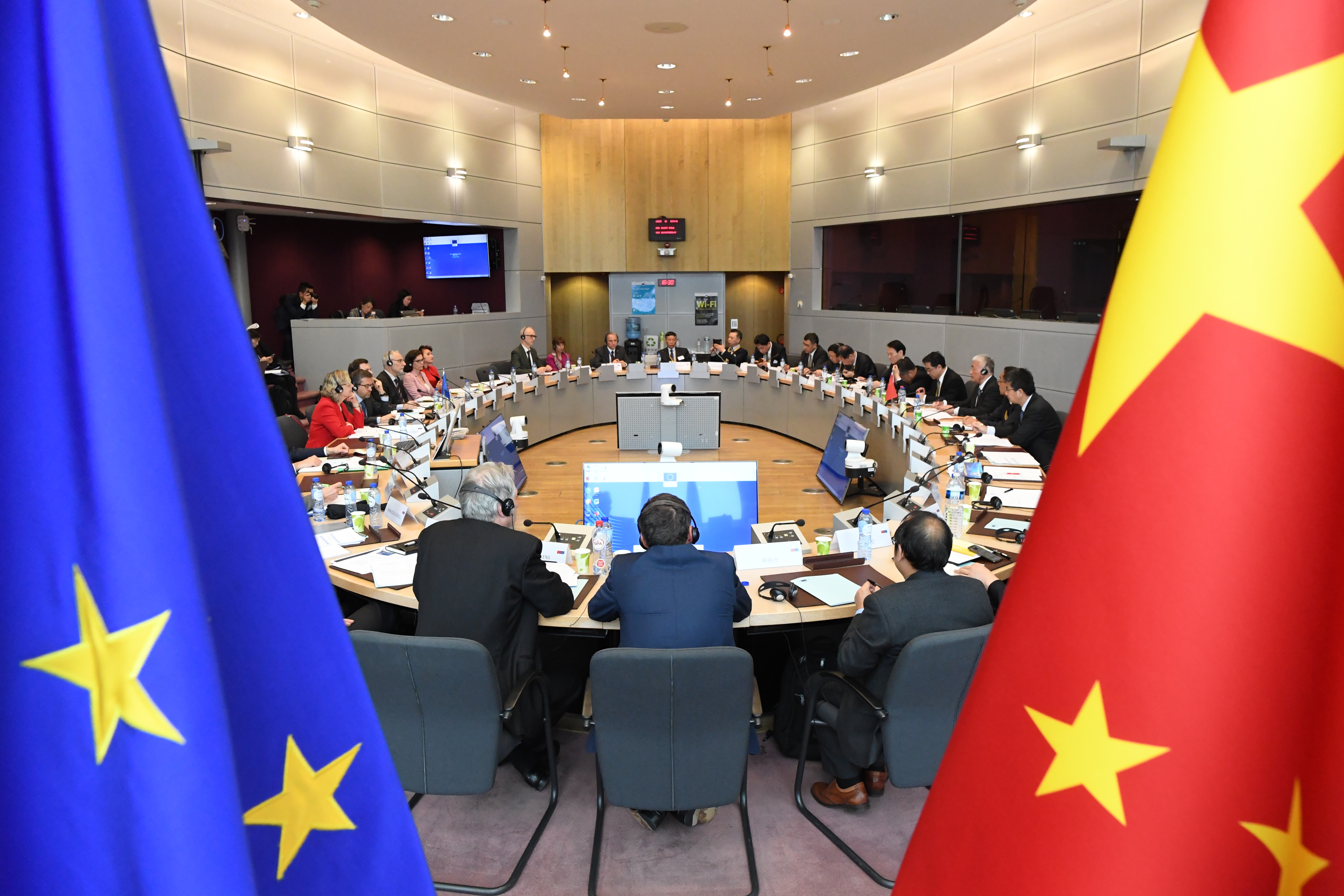President of China will begin his European adventure in France, on Monday, before he lands in Serbia and Hungary. Beijing’s expedition amidst European Union’s efforts to minimize its economic dominance is hailed “extraordinary” in international affairs
President of Republic of China, Xi Jinping has left for a five day visit to three European countries amidst fueling concerns about Beijing’s deliberate efforts to influence Russia’s aggression against Ukraine. Ahead of some steaming accusations against China by E.U bloc, it is only advantageous for Xi to extend a hand of friendship.
Him taking flight to Europe after five years is not a result of nighttime epiphany, it is a result of China’s intricate planning, all to avoid a trade war with E.U. After United States upheld Beijing guilty for supporting Russia, the attitude towards China in the EU bloc hardened. Thereby to evade all and out breakup with members of E.U. who are crucial economic beneficiaries to China, Xi has sought to move the needle himself rather than sending off a member from his administrative brigade.
Xi’s first day will begin in Paris on Monday, where he will meet French President, Emmanuel Macron, and the president of European Commission, Ursula Von der Leyen. The French president has been a longtime campaigner of “Independent” political regulations – that E.U. should plan its own geopolitical strategies than following “American-steps”, more specifically on the Taiwan issue. His, seemingly less straightforward stance on Taiwan might have fostered a personal affinity between Xi and Macron.

What has strained bilateral relations between European Union and China?
Last fall, E.U opened an investigation suspecting state interference in electric vehicles manufacturing in China. This implies that Beijing is subsidizing on crucial medical devices, wind turbines and electric batteries which are exported and sold at a price which is 50% less of the cost of those made in Europe. These unlawful movements by China forced E.U commission to impose high tariffs on Chinese imports. Xi Jinping’s expedition to its economic associates will forge another chapter of Beijing pursuing its counterparts to end tariff war which has steeped China’s exports.
Another factor troubling E.U. has been disinformation and foreign interference. Few days ago, three Germans were apprehended on suspicion of spying for China. The added fragility between China and Germany spawned after Germany shared fear that imposition of European tariffs could affect its own car exports from China. Last year, EU imports of EVs from China reached $11.5 billion, elucidating how significant E.U is for Beijing’s continuous effort to become the “export-kingpin”.
Other than investigations and tariffs, anger towards Russia in Europe has also played a role in dismantling EU-Sino relations. The anger runs high in the frontline states comprising of Poland and other Baltic states, who are fiercely attached to the alliance with the United States, bolstering Ukraine’s position in the war, which runs opposite to Mr. Macron’s vision to establish a sovereign Europe. There has been an internal divide in EU’s stand on the war, majority of whom despise Russian dictatorship, condemning China for supplying arms to Russia which aids in harming Ukrainians.
For all the fundamental differences in governance between China’s one-party rule and the European liberal democracy, the leaders of the three European countries – France, Serbia and Hungary, Mr. Xi has chosen to visit, one must assume, appear to embrace that Chinese statement.

Xi Jinping will visit his closest European allies – Hungary and Serbia
After his trip to Paris, Xi will visit one of his closest E.U allies, Hungary’s prime minister, Viktor Orban. Hungary’s relations with China have outgrown to an extent where it has concerned other members of the E.U bloc. Their already cozy relationship reached a point which was outside their normal economic realm, it was cemented upon security cooperation. Hungary is all prepared to host carmaker BYD’s first European factory. Prime minister Orban has also seized multiple opportunities in E.U to sabotage critical view of China on human right issues.
The most symbolic stop on Xi’s tour of Europe will be his visit to Belgrade, capital of Serbia. The date of his visitation is mindfully handpicked, as it marks the 25th anniversary of the US’s bombing of a Chinese embassy in the Serbian capital. The bombing which had killed three Chinese journalists further soared anti-US sentiment in China. The event was the beginning of China’s hostility towards NATO for the bombing was carried by NATO which was meant to hit Yugoslavia.
China’s bitterness of NATO was also a big reason why Beijing maintained support of Russia in its war against Ukraine. Critics have outlined Xi Jinping’s visit to Belgrade less economically motivated as compared to Paris and Budapest. His visitation is still going to be an eye-catching moment for the rest of the world, and especially for the US and EU who starve common agenda of disengagement from Beijing,











